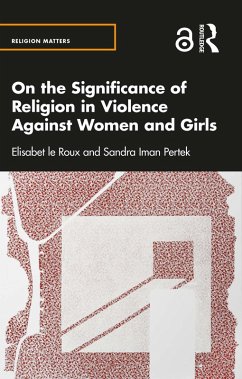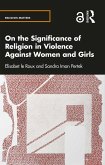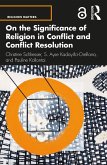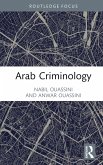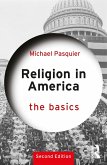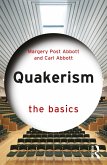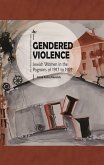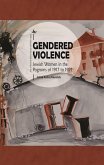In this ground-breaking volume, the authors explore two sides of religion: the ways in which it contributes to violence against women and girls (VAWG) and the ways it counters it. Recognising the very real impact of religion on the lives of women and girls, it prioritises experiences and learnings from empirical research and of practitioners, and their activities at grassroots-level, to better understand the nature and root causes of VAWG. Drawing on research done in Christian and Muslim communities in various fragile settings with high religiosity, this book avoids simplistically assigning blame to any one religion, instead engaging with the commonalities of how religion and religious actors influence norms and behaviours that impact VAWG. If the sustainable development goal of ending all forms of VAWG is to be achieved, how should actors in the international development sector engage with religion and religious actors? This book unpacks the nature of religion and religious actors in relation to VAWG, with the aim of giving greater clarity on how to (and how not to) engage with this crucial issue.
Combining cutting-edge research with case studies and pragmatic recommendations for academics, policymakers and practitioners, this concise and easily accessible volume helps instigate discussion and engagement with the incredibly important relationships between religion and VAWG.
The Open Access version of this book, available at www.taylorfrancis.com, has been made available under a Creative Commons Attribution-Non Commercial-No Derivatives 4.0 license.
Dieser Download kann aus rechtlichen Gründen nur mit Rechnungsadresse in A, B, BG, CY, CZ, D, DK, EW, E, FIN, F, GR, HR, H, IRL, I, LT, L, LR, M, NL, PL, P, R, S, SLO, SK ausgeliefert werden.

